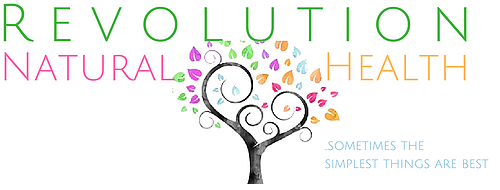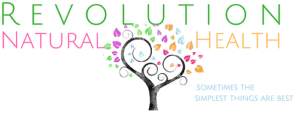
If you haven’t already figured it out, just because something is sold in the store doesn’t mean it is healthy, helpful, or safe to use on your body or in your home and food. Toxic, laboratory-created “food” products line the grocery store aisles, your makeup bag is filled with beauty products with unpronounceable ingredients that you slather over your skin. Worst of all, however, are the hidden evils lurking under your sink. So what’s actually wrong with your collection of cleaning products and how can you keep your home clean without harming your health? Read on to find out
Problems with cleaning products
When is the last time you actually looked at the list of ingredients on your favorite multipurpose cleaner? If you’re anything like the average consumer, the answer is probably never. And even if you have tried, you might have been shocked to find out that many products don’t list their ingredients at all. According to the Environmental Working Group (EWG), cleaning product manufacturers are not required by federal law to have the ingredients on the bottle.
This means that any of thee seemingly innocent products could contain ingredients such as bleach and ammonia that contribute to respiratory problems and cause serious skin irritation. Other concerning ingredients include the chemicals used to create scent, such as linalool and eugenol (common allergens), or phthalates, which are known hormone disruptors.
Even if you’re not concerned about your own health (which you should be), chemical cleaning products are harmful to the environment as well. When you rinse that cleaner down the drain, it isn’t always broken down in wastewater treatment plants. Most of this treated water is then dumped back into the ocean, causing potential harm to marine life and contributing to increasing ocean toxicity.
Natural cleaning must-haves
Essential oils
Not only are certain essential oils such as peppermint, tea tree, and eucalyptus is known for their antibacterial properties, they smell amazing as well. If you miss the fresh, just-cleaned smell left behind by your favorite former cleaning go-to’s, crack open a bottle of essential oil and mix a few drops into your cleaning solution.
Vinegar
It seems like vinegar can do everything. And with good reason. This acidic liquid is the best product for all-around cleaning and is safe for all non-porous surfaces like chrome, glass, and porcelain. It is a serious scum fighting superstar that deserves a spot in your cleaning cabinet.
Lemon juice
If you want to give your DIY cleaning products a little scent boost and make sure all of those nasty germs are obliterated, add some lemon juice to your arsenal. It is naturally antibacterial and can even cut through mold, mildew, grease, and soap scum.
Baking soda
Contrary to what you may think, this white powder isn’t just helpful for absorbing fridge odors and contributing to baking projects. In fact, baking soda is a gentle, yet effective abrasive agent that gives a little extra power to your homemade cleaning solution. Plus, it has proven virus-killing abilities that help clean, deodorize, and cut through grease and grime.
Olive oil
Though olive oil isn’t as effective as some of the other ingredients on this list, it is still a helpful thing to keep around, particularly for dusting and polishing wood and other delicate surfaces that could be harmed with a more abrasive cleaner.
Castile soap
Though many natural cleaning recipes include dish soap, castile soap is a great, more natural alternative made from plant oils that also contains potent antibacterial power. It is totally safe for those who are sensitive to other cleaning agents. In fact, it is so safe, that it can be used on your body and hair as well.
Other tools to keep on hand:
- Coarse scrub brush
- Old toothbrush
- Microfiber cleaning cloths
- Empty spray bottles
When it comes to DIY cleaning, the sky is the limit. Mix and match the above ingredients and enjoy saving money, your health, and the planet with these natural alternatives to harsh cleaning agents.
Citrus multipurpose cleaner
Use this safe, antibacterial cleaner in the kitchen, bathroom, laundry room, and anywhere else that needs a general clean. Avoid using it on natural stone as the citrus and vinegar are corrosive and could cause pitting.
Ingredients:
- 1 quart tightly packed citrus peels (Clementine, orange, lemon, lime, grapefruit. Use whatever you have on hand)
- White distilled vinegar
- Water
- Unscented liquid castile soap
- Lemon essential oil, optional
Instructions
- Once you have a full jar of citrus peels, fill the rest of the way with vinegar.
- Close the list and place it on the counter for at least two weeks. This will give the citrus peels plenty of time to infuse into the vinegar.
- Strain vinegar into another jar and discard the peels. Store this citrus vinegar in your pantry until ready to use.
- To make your cleaner, pour ½ cup infused vinegar into a spray bottle and add in 2 cups water, 1 tsp castile soap, and 20 drops lemon essential oil.
- Spray nozzle tightly and shake to combine ingredients.
- Shake before using, spray onto surface and wipe off with a clean, damp cloth.


